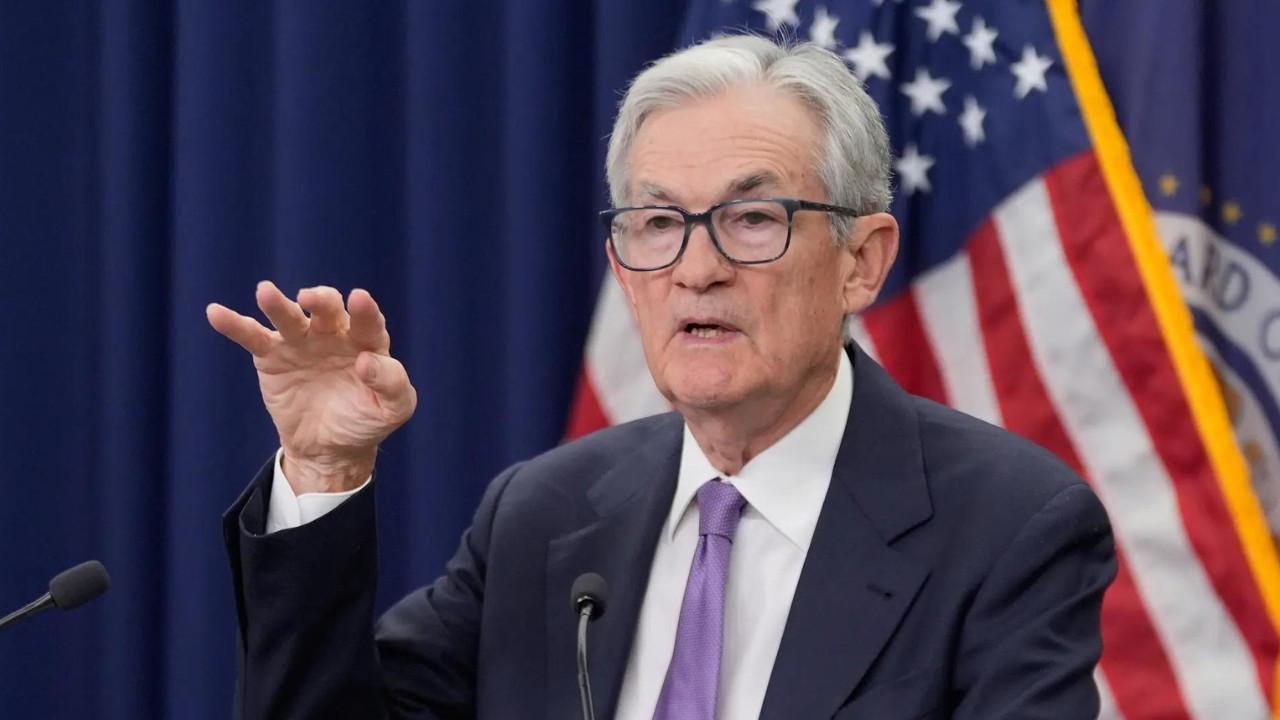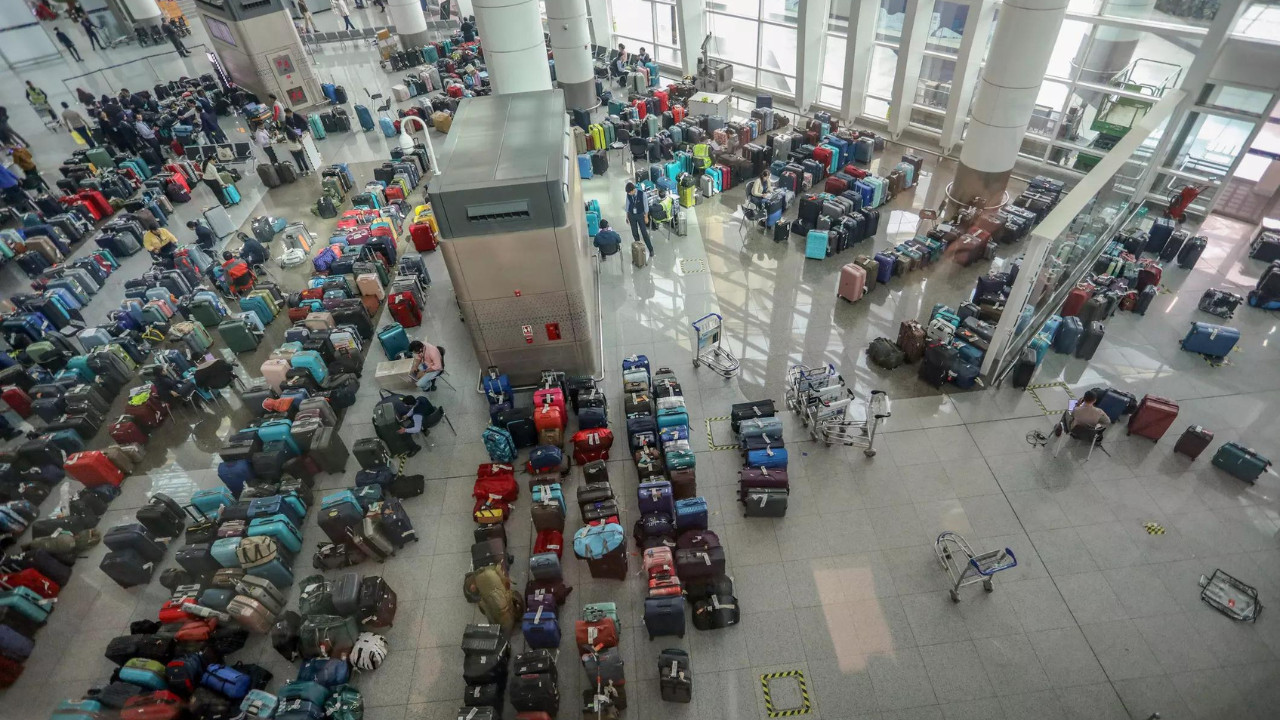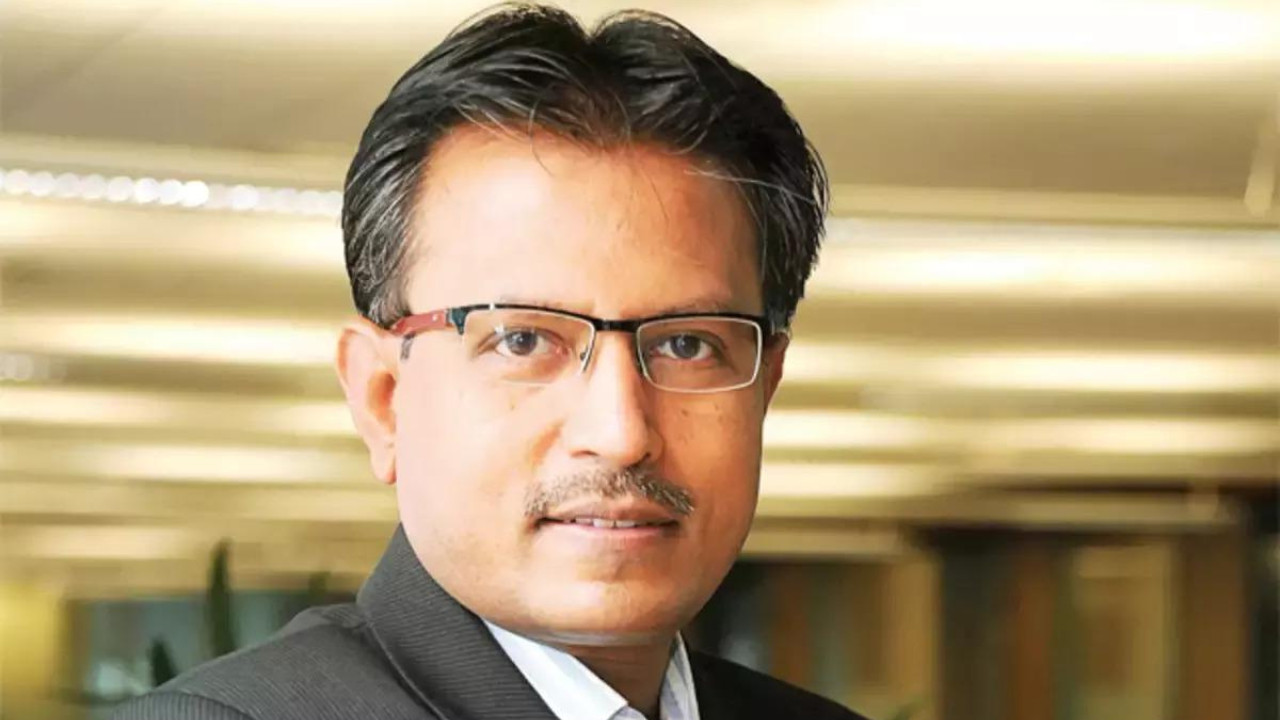Deloitte India’s whitepaper reveals that India-based Global Capability Centres (GCCs) are now vital for multinational companies managing global tax operations. These GCCs, evolving beyond back-office roles, offer high-value tax expertise and drive digital transformation. With 76% already running global tax processes, India’s GCC ecosystem is booming, projected to reach $105 billion by 2030.
India’s GCCs: Not Just Back Offices Anymore? They’re Running the Tax Show (Globally!)
Okay, let’s talk about something that might sound a little dry at first: global tax operations. Stay with me, because what’s happening behind the scenes in this world is actually fascinating and speaks volumes about India’s growing influence on the global stage.
For years, India has been a hub for Global Capability Centers (GCCs) – those often behind-the-scenes operations of multinational corporations handling everything from IT support to customer service. Think of them as the engine rooms powering some of the biggest companies in the world. But here’s the thing: they’re not just engine rooms anymore. They’re increasingly becoming the bridge, the architect, and – dare I say – the tax strategists for these companies.
A recent whitepaper from Deloitte is shining a spotlight on this shift, and the findings are pretty darn compelling. Forget the image of a GCC solely focused on processing invoices. Apparently, a whopping 76% of India-based GCCs are already handling cross-border tax functions. Let that sink in for a second. These aren’t just domestic tax filings; they’re navigating the complex world of international tax regulations, transfer pricing, and all the other complexities that come with being a global giant.
What does this mean in plain English? It means India’s GCCs are stepping up to the plate in a big way. They’re not just executing tasks; they’re providing crucial strategic support. They’re becoming the go-to hubs for managing global tax compliance, optimization, and even risk management.
So, why is this happening? Several factors seem to be converging to create this perfect storm.
First, and perhaps most obviously, India boasts a deep pool of talent. We’re not just talking about raw manpower; we’re talking about highly skilled professionals with a strong understanding of finance, accounting, and increasingly, international tax law. Indian universities are churning out graduates equipped to handle these complex challenges, and these graduates are finding exciting opportunities within these GCCs.
Second, the cost advantage is still a major draw. While wages in India are rising, they remain competitive compared to developed markets. This allows multinational corporations to build robust tax operations at a significantly lower cost, freeing up resources to invest in other areas of their business. It’s a win-win situation.
Third, technology is playing a crucial role. Advanced software and automation tools are enabling GCCs to handle increasingly complex tasks with greater efficiency and accuracy. This allows them to scale their operations and manage a growing volume of cross-border transactions.
But I think there’s something more subtle at play here as well. There’s a growing confidence and maturity within the Indian GCC ecosystem. They’ve proven their ability to handle complex tasks effectively and efficiently. They’ve built trust with their parent organizations. This track record of success is paving the way for them to take on even more responsibility and strategic roles.
Now, is this shift without its challenges? Absolutely not. Managing cross-border tax operations is incredibly complex. Different countries have different rules and regulations, and staying compliant requires constant vigilance and a deep understanding of the ever-changing tax landscape. GCCs need to invest in ongoing training and development to ensure their teams are up-to-date on the latest tax laws and best practices.
Furthermore, data security and privacy are paramount concerns. Handling sensitive financial data requires robust security protocols and compliance with international regulations like GDPR. GCCs need to prioritize data security and invest in the necessary infrastructure to protect confidential information.
Looking ahead, I think we’ll see this trend continue to accelerate. As multinational corporations become increasingly global, they’ll need sophisticated tax operations that can navigate the complexities of international tax law. And India’s GCCs are perfectly positioned to fill that need.
This isn’t just about cost savings; it’s about access to talent, technological expertise, and a growing confidence in India’s ability to handle complex strategic operations. The future of global tax operations may well be written in the boardrooms – and data centers – of India’s burgeoning GCC landscape. It’s an exciting time to be watching this space. We might just be witnessing the next stage in India’s journey to becoming a true global powerhouse. And that’s something worth paying attention to.
📬 Stay informed — follow us for more insightful updates!







